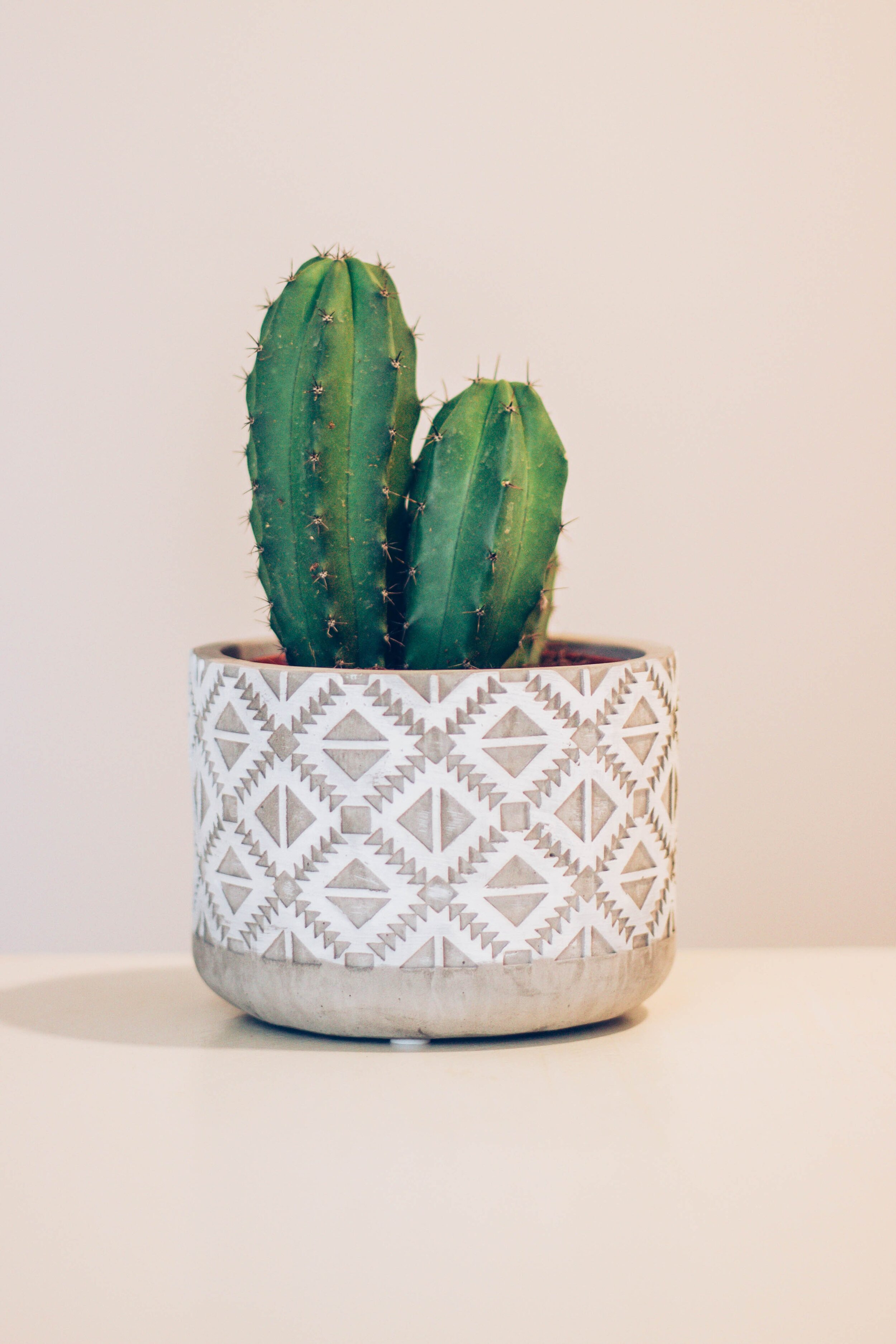Photo by Annie Spratt on Unsplash
The days are getting shorter and the temperatures are dropping lower. Even if you’re a big fan of winter and its climate, you likely welcome a warm home, preferably without high heating bills. I’ve got a few tips to help warm you and your nest without a big impact to your wallet.
Add layers
Your cold weather closet boasts sweaters, coats and scarves. You know a thing or two about layering, but that’s not what we’re talking about here. Your home can benefit from layers too. According to the National Energy Foundation, your floors can account for up to 10 percent of heat loss if they’re not insulated. That gorgeous area rug you’ve been eyeing isn’t just another pretty accessory. It’s insulation. Your toes will thank you.
Open, then close
In the morning throw open your curtains and raise the blinds. Let the sun shine in to warm things up. When the sun sets, however, it’s time to pull the blinds and hold in all that warmth. Consider switching out your airy curtains for something a little more substantial in cold months. If a new set of curtains isn’t in the budget, look for thermal liners that you can add to your existing window treatments.
Bake something
Winter is a wonderful time to work out your culinary muscle! If you’ve always wanted to try your hand at making bread from scratch, turn the oven on and go for it! There’s nothing better than fresh bread from the oven with a pot of rich stew bubbling on the stove to warm you up – and not just from the belly out! Your cook top and oven will share some of its heat with the room too!
Seal the deal
Before the frost debuts, check your windows and doors for drafts. Caulking window frames, installing weather stripping and deploying a draft stopper at the base of your doors will help keep more warm air in and the cold air out.
Consider humidity
In the summer we bemoan the hotter-than-it-is feel of humid days. Don’t forget that in the winter. Humid air feels warmer. Put a humidifier to work, or leave your bathroom doors open a crack when you shower (or after your warm shower!) to let some of that damp air warm you up.
Reverse your fans
If you have ceiling fans, put them to work in the winter! Just be sure to change their direction first. Running your fans clockwise will push the warm air that’s risen back down to you.
Change things up
If you’ve been thinking about trying out the view from another side of the room, now’s a good time. Move your favorite chair or sofa away from large windows and outside walls. In the bedroom, break out the flannel sheets and pile on your favorite quilts.
Focus on you
Being toasty isn’t just about the room temperature. Grab yourself a good book, nestle down into your favorite seat with a warm, cuddlesome quilt. Don’t forget to fill up your mug with something warm to drink and don a plush pair of socks.
If you’d like to learn more about feng shui, check out Mindful Design Feng Shui School at: www.mindfuldesignschool.com






